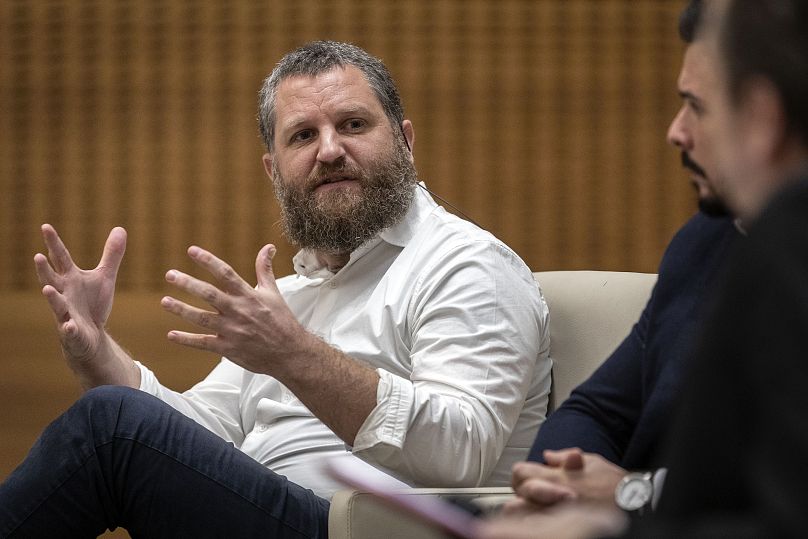Two Spanish journalists and one Irish national were killed in Burkina Faso after an anti-poaching patrol was ambushed.
Two Spanish journalists and one Irish national who were kidnapped on Monday in Burkina Faso have been killed.
 ADVERTISEMENT
ADVERTISEMENT
 ADVERTISEMENT
ADVERTISEMENT
Spanish Prime Minister Pedro Sanchez tweeted on Tuesday that "the worst news is confirmed", following reports that the two journalists had been killed following an ambush on an anti-poaching patrol, in which they were embedded.
Sanchez named them as David Beriain and Roberto Fraile.
"All the affection for the relatives and friends of David Beriain and Roberto Fraile, murdered in Burkina Faso. And our recognition to those who, like them, carry out courageous and essential journalism from conflict zones on a daily basis," he tweeted.
Spanish foreign minister Arancha González Laya told journalists earlier on Tuesday that although the information coming out of the country in West Africa was “confusing”, everything indicated two bodies found in the area were those of the missing journalists.
They were in the Pama area of the country, making a documentary on poaching in the region.
Irish media reported the third victim was Rory Young, co-founder and president of the anti-poaching group Chengeta Wildlife.
The organisation later confirmed his death in a Facebook post, saying he was an "inspirational leader".
The Irish Minister for Foreign Affairs, Simon Coveney, expressed his "sincere condolences to Rory Young’s family, and to the families of the two Spanish nationals who also lost their lives in this tragic incident" and "condemns in the strongest possible terms the actions of those who are responsible for this attack".
Young was part of a group that on Monday morning was attacked by unknown assailants in the eastern part of Burkina Faso, the Irish foreign ministry confirmed.
According to González Laya, the area is a dangerous one, where terrorist groups, poachers, bandits and jihadists operate.
The journalists were embedded in a patrol of some 40 Burkinabe anti-poaching troops, which was attacked by armed individuals.
Attacks by jihadist groups including the Islamic State have killed thousands and displaced more than one million people in the country.
“This attack is of significant importance because it shows (the jihadists') capacity to mount a strategic and deadly attack against a significant convoy heavily protected by Burkinabe security forces and rangers,” said Flore Berger a researcher in the Sahel, the vast area south of the Sahara Desert that stretches across West and Central Africa.
Two soldiers wounded in the attack and evacuated to a military hospital in the capital, Ouagadougou, told AP they were attacked by jihadists who outnumbered their patrol.
One soldier was shot in the leg and the other in his arm, causing it to be amputated. They insisted on anonymity because they were not authorised to speak to the press.
When the jihadists attacked, the soldiers tried to form a protective shield around the foreigners, but once the shooting stopped they realized they had disappeared, he said.
“Foreign nationals are a preferable target to be used as bargaining chips in exchange for ransom,” said Heni Nsaibia, an analyst with the Armed Conflict Location and Event Data Project.
Since the early 2000s militant groups have developed a kidnapping industry in the Sahel, five foreign hostages are still missing, including two taken from Burkina Faso, he said.











